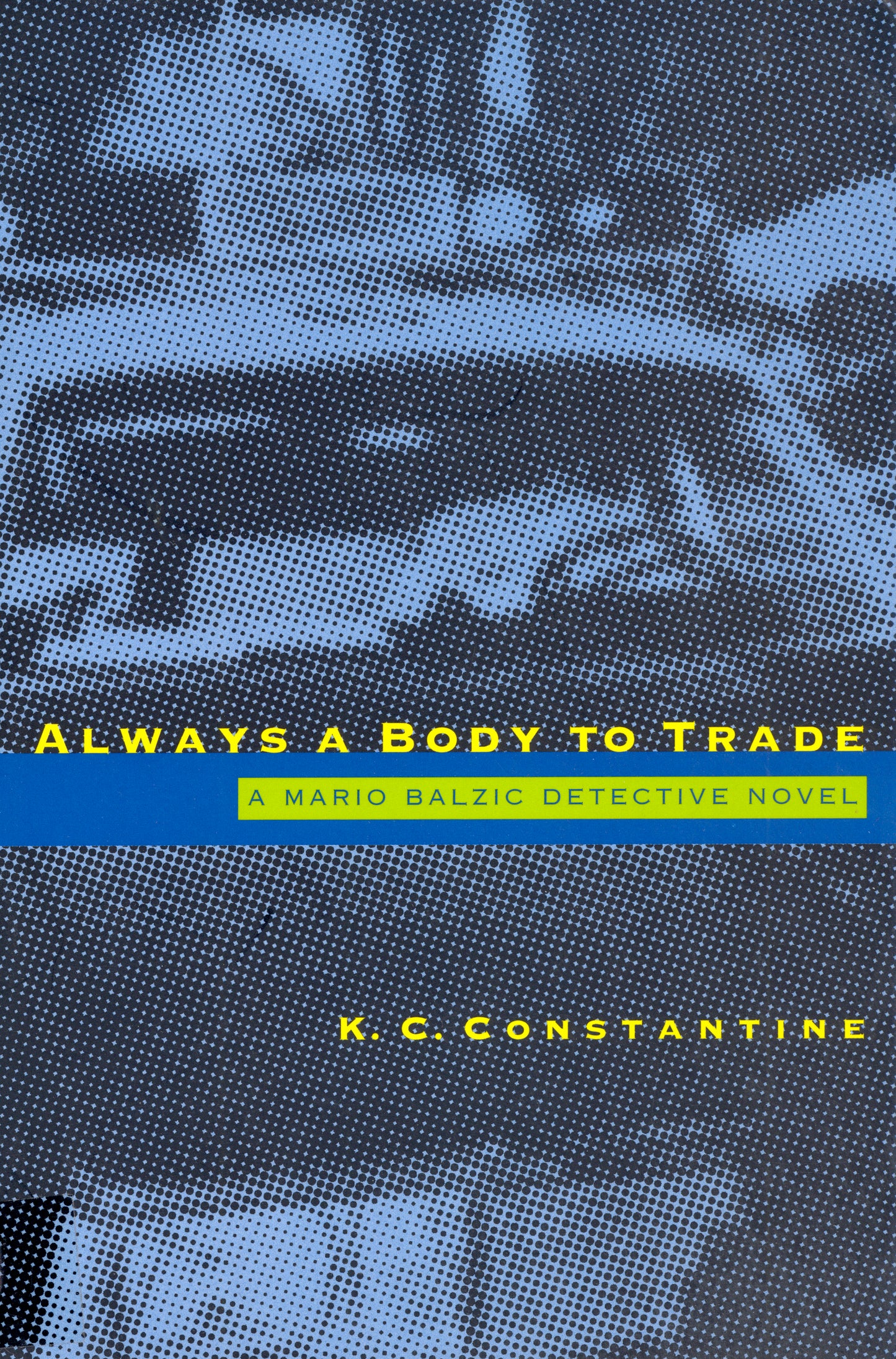
Police Chief Mario Balzic's sixth case: there's a new mayor in Rocksburg, PA, one of those simplifying self-righteous amateurs bent on law and order who can't leave anything alone. His calls never stop, even trapping Balzic in his refuge at Muscotti's Bar.
There's a double robbery in two identical apartments, rented but hardly ever used by a Pittsburg drug dealer who's clean with the law. A young woman is found shot dead on the street. She can't be identified, but her murder has all the appearances of a professional hit. The mayor is near hysteria, and he smears the case all over Balzic, who not only has to solve the murder but teach his nosy new boss the not-so-plain facts of police work.
It's an impossible assignment that turns raw and ugly (then uglier) because it's a drug case, Balzic's first; because corrupt state narcs are involved; and because the Rev. Rutherford Rufee, the exotic and superbly drawn boss of the local black underworld, is Balzic's best hope of solving the crime. And Rufee, a guileful genius, plays Balzic for his own vengeful purposes, purposes that overlap Balzic's own and climax in the never-never land of a bravura plea- bargaining deal — all of which moves the mayor's education well up into graduate study. Balzic and the law don't lose, but the victory is hardly sweet.
There is not literary tyranny quite like a category. Constantine is a novelist who writes, we say, "detective fiction," but that misses what's most memorable about his books — the superb rendition of social texture and of particular people embedded in it, something only our best novelist can do. Always A Body To Trade belongs to readers who shun catagories. It's familiar small-town Rocksburg, tough, immigrant working class and shot through with the verbal magic Constantine weaves out of everyday speech, heightened this time by miracles of Black English.
K.C. Constantine is a marvelous writer. May Mario Balzic thrive. . . The most poignant studies of post-Industrial Age depression in modern crime literature. His fictional setting has the idiosyncratic distinctiveness of your own thumb.--The New York Times
For a quarter century in fifteen mostly brilliant novels, Constantine has been illuminating a Rust Belt city’s economic collapse and the parabolic curve of the career and life of its chief of police, Mario Balzic. . . One of the best mystery series ever published.--Booklist
A superb writer and social chronicler. . . No one since John O’Hara has dissected class distinctions with such sensitivity and pinpoint accuracy.--LA Times
K.C. Constantine writes like an angel: sharply and funnily, with an ear for dialogue that matches George V. Higgins.--TLS
Balzic is one of the great characters in contemporary fiction. . . We read the Balzic novels for K.C. Constantine’s ear, for the way people give themselves away when they talk, for his insider’s knowledge of the way small towns work, for his understanding of people, his joy in the human comedy, and his compassion.--The Boston Globe
Under the guise of mysteries, Constantine writes some of the best American regional fiction appearing today.--The Washington Post

